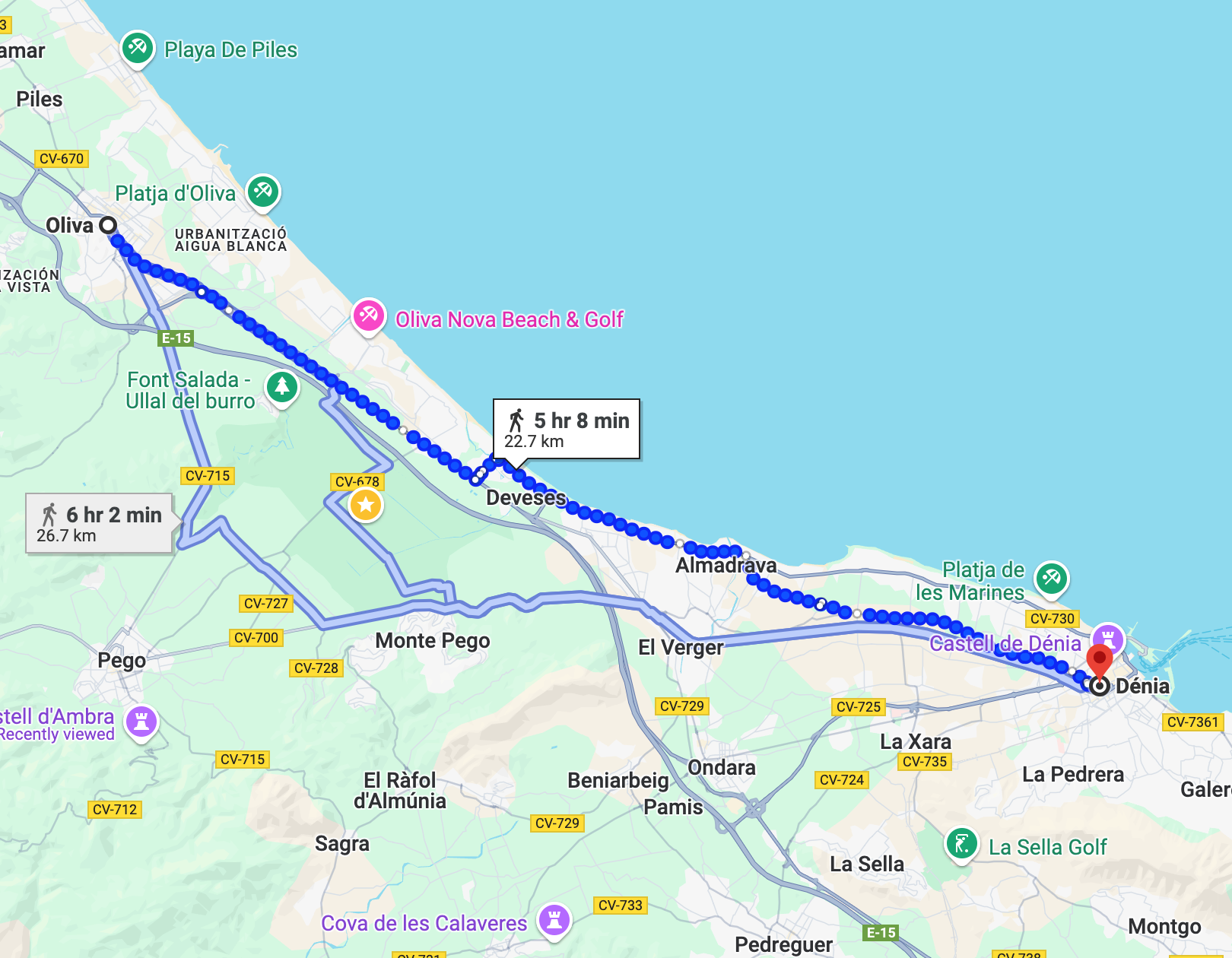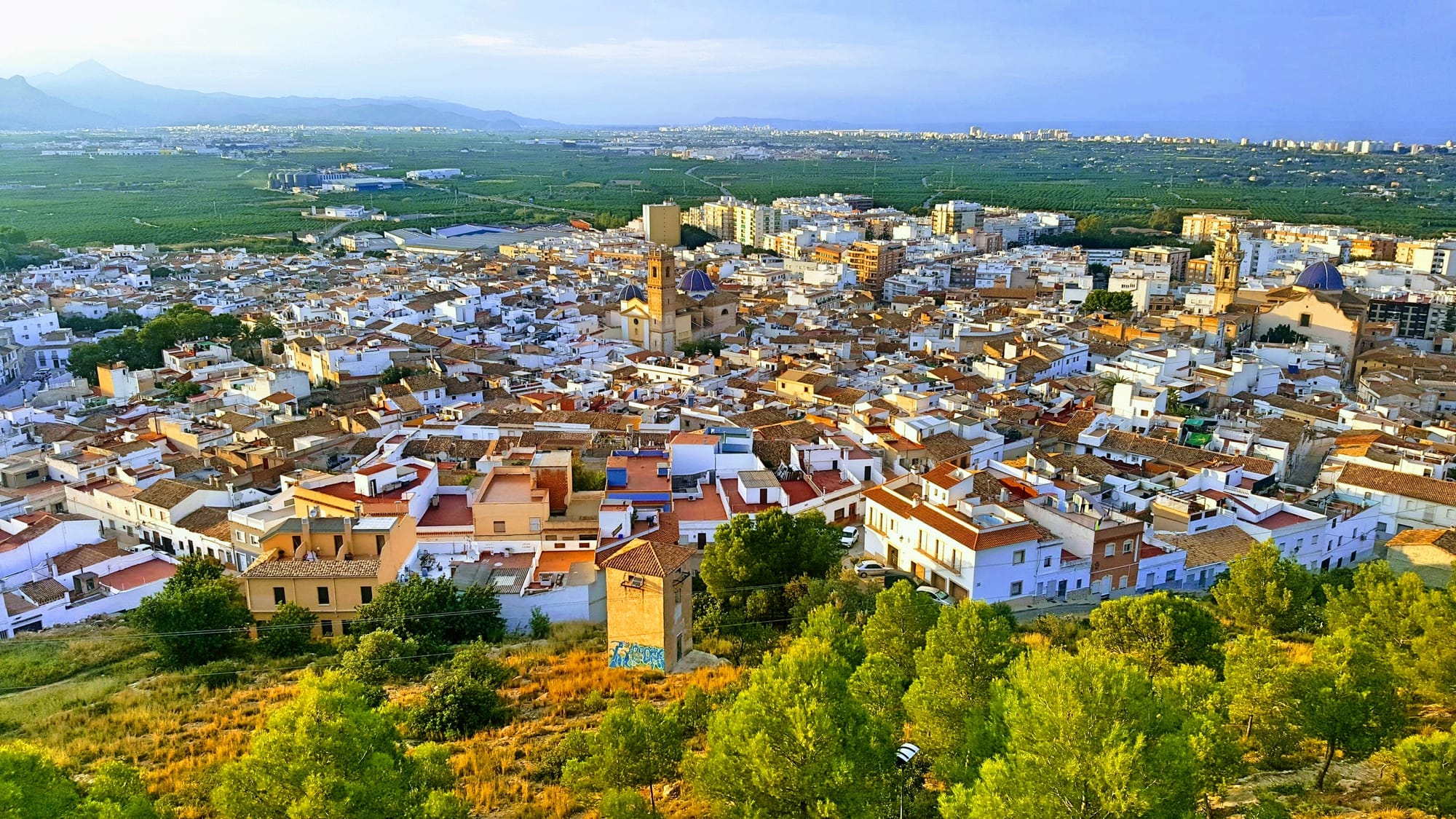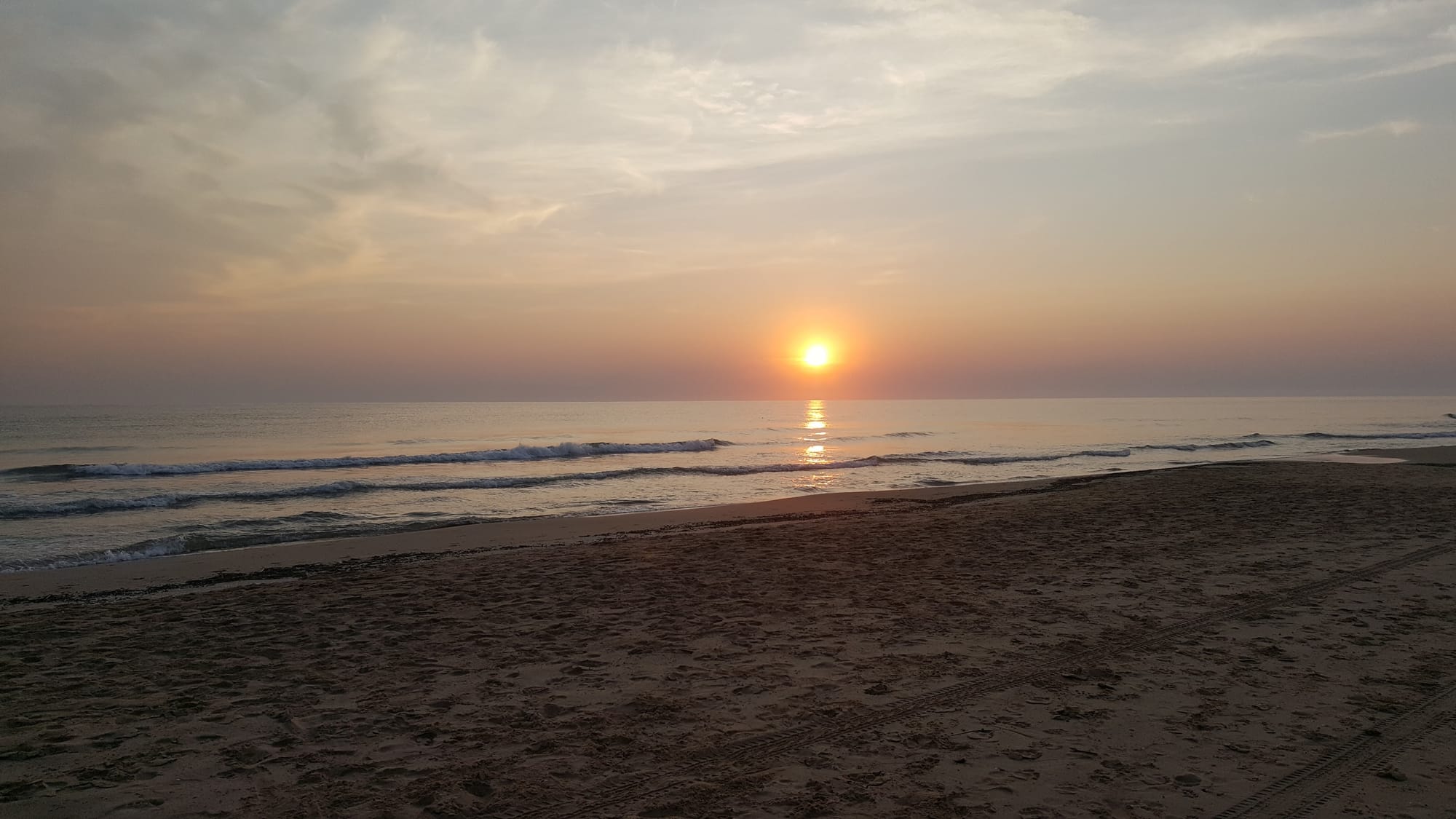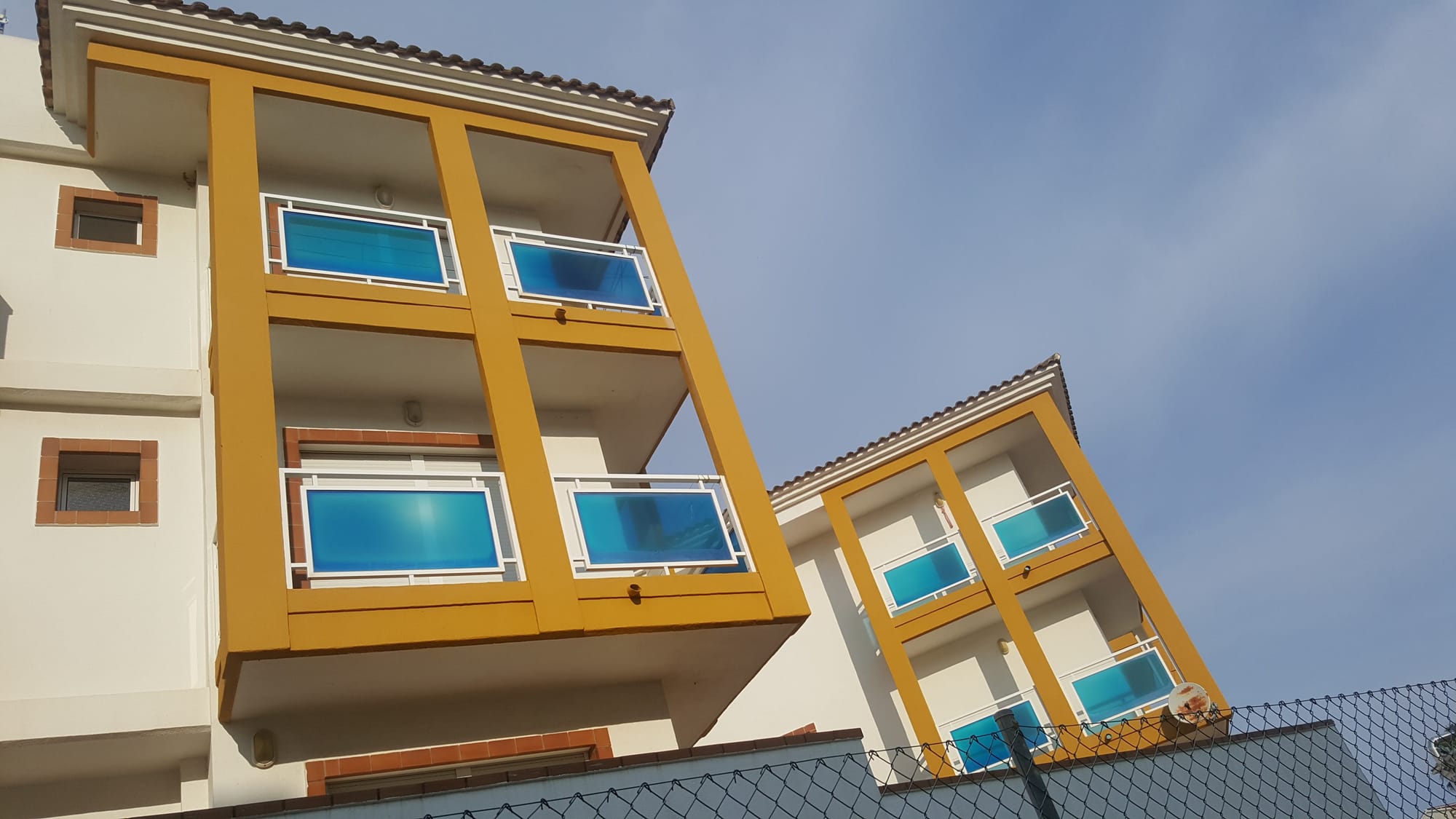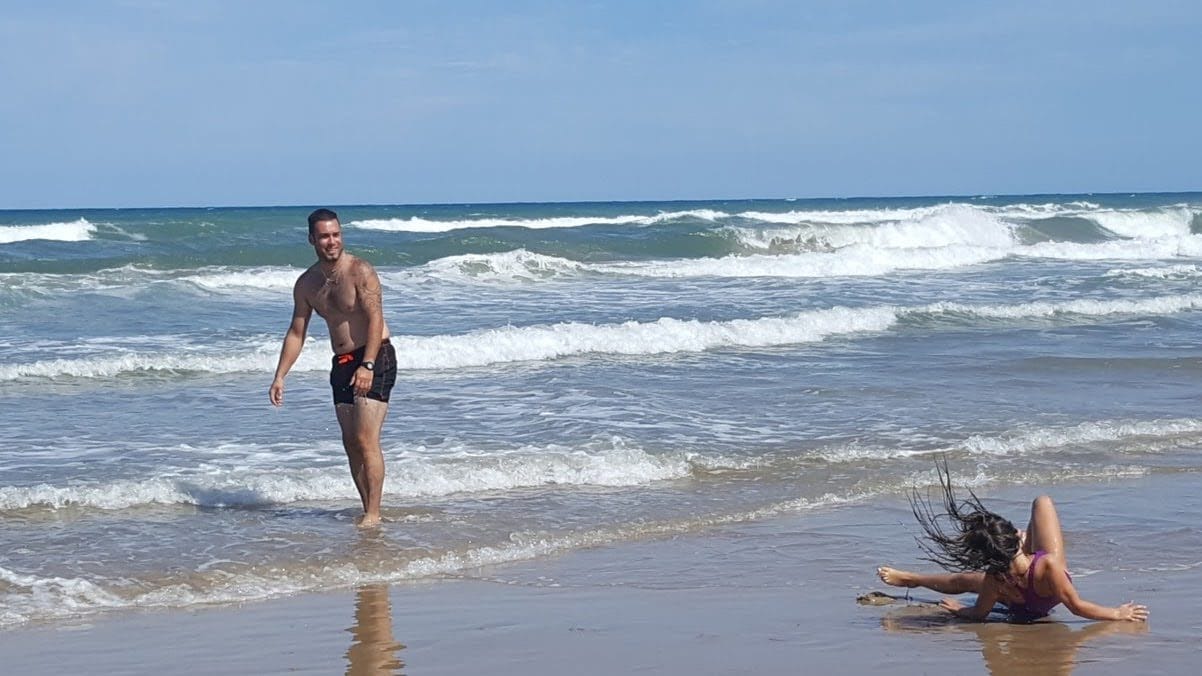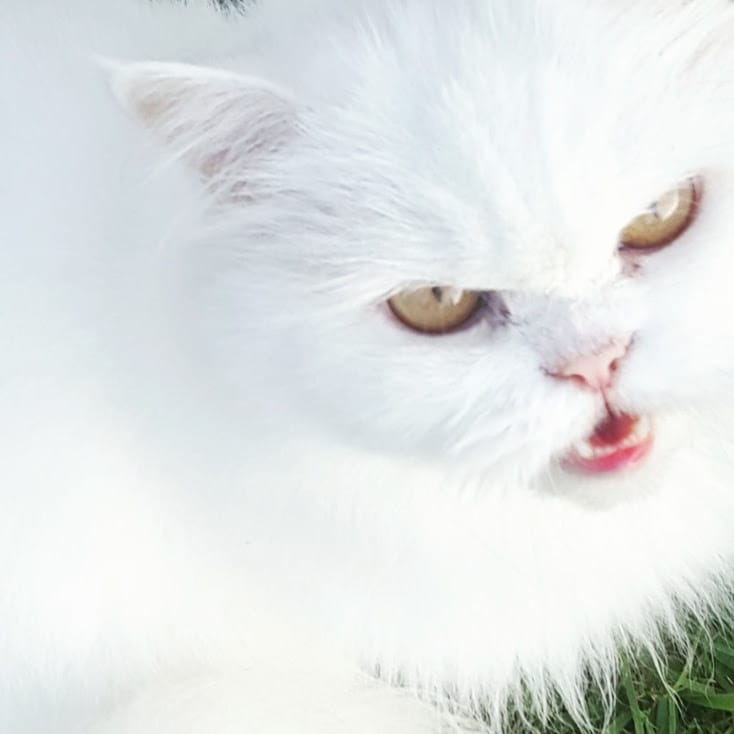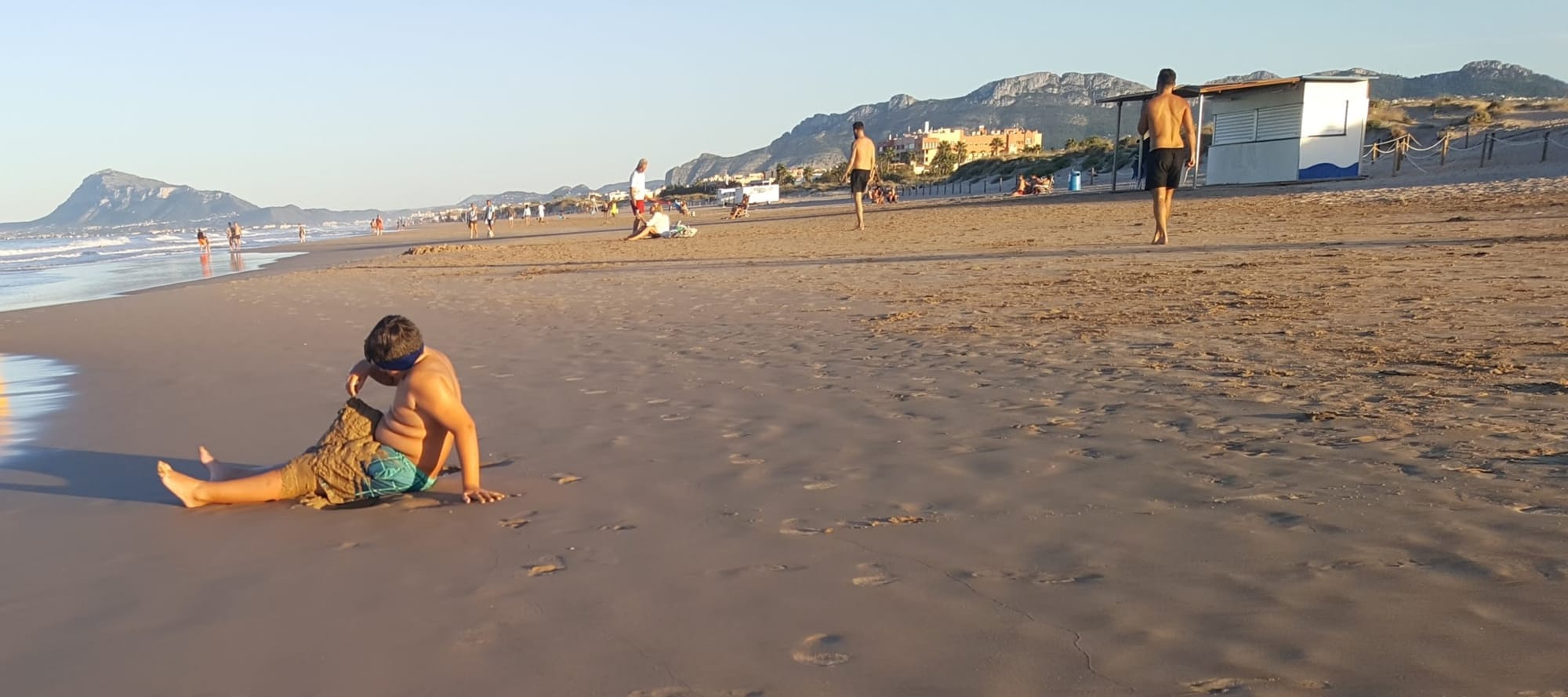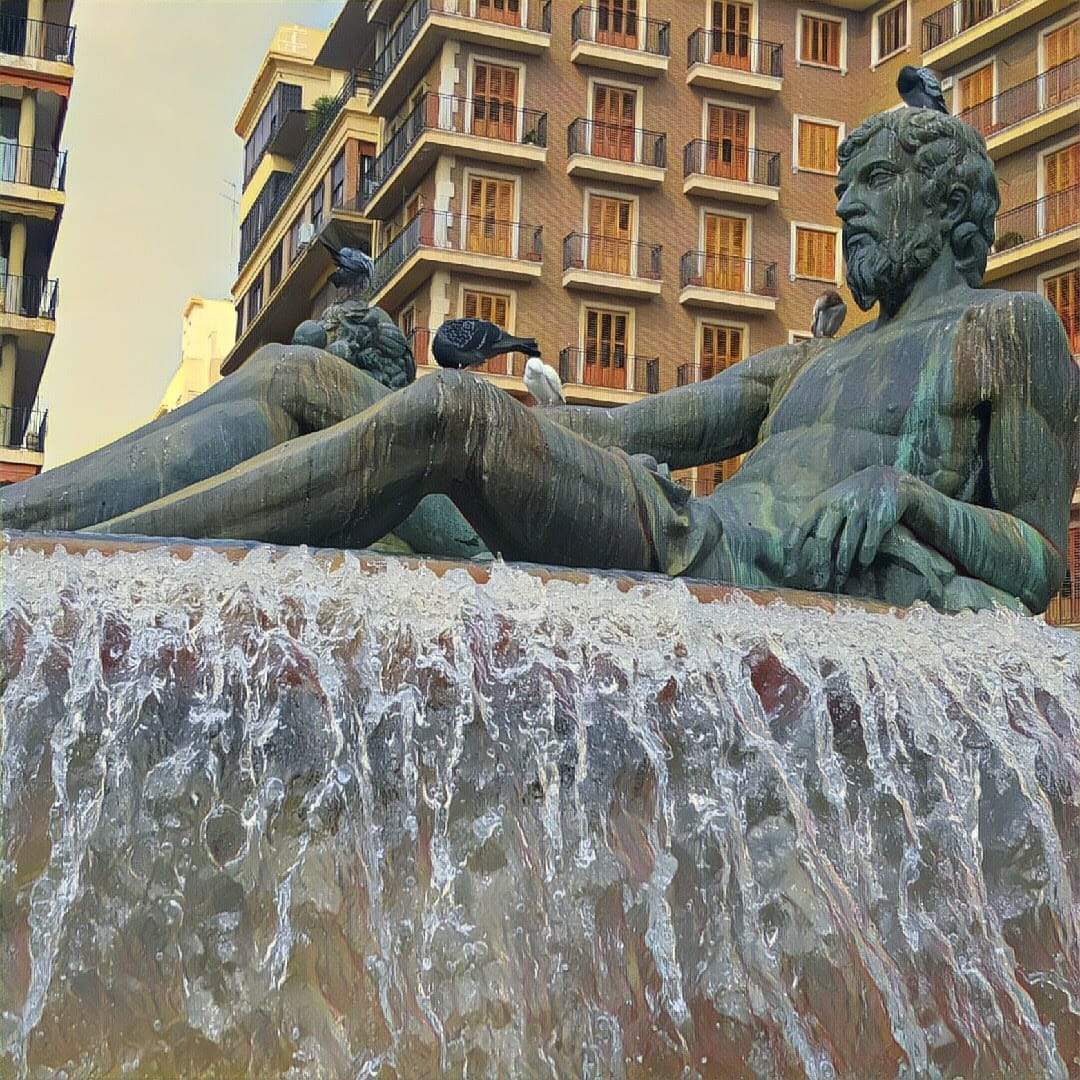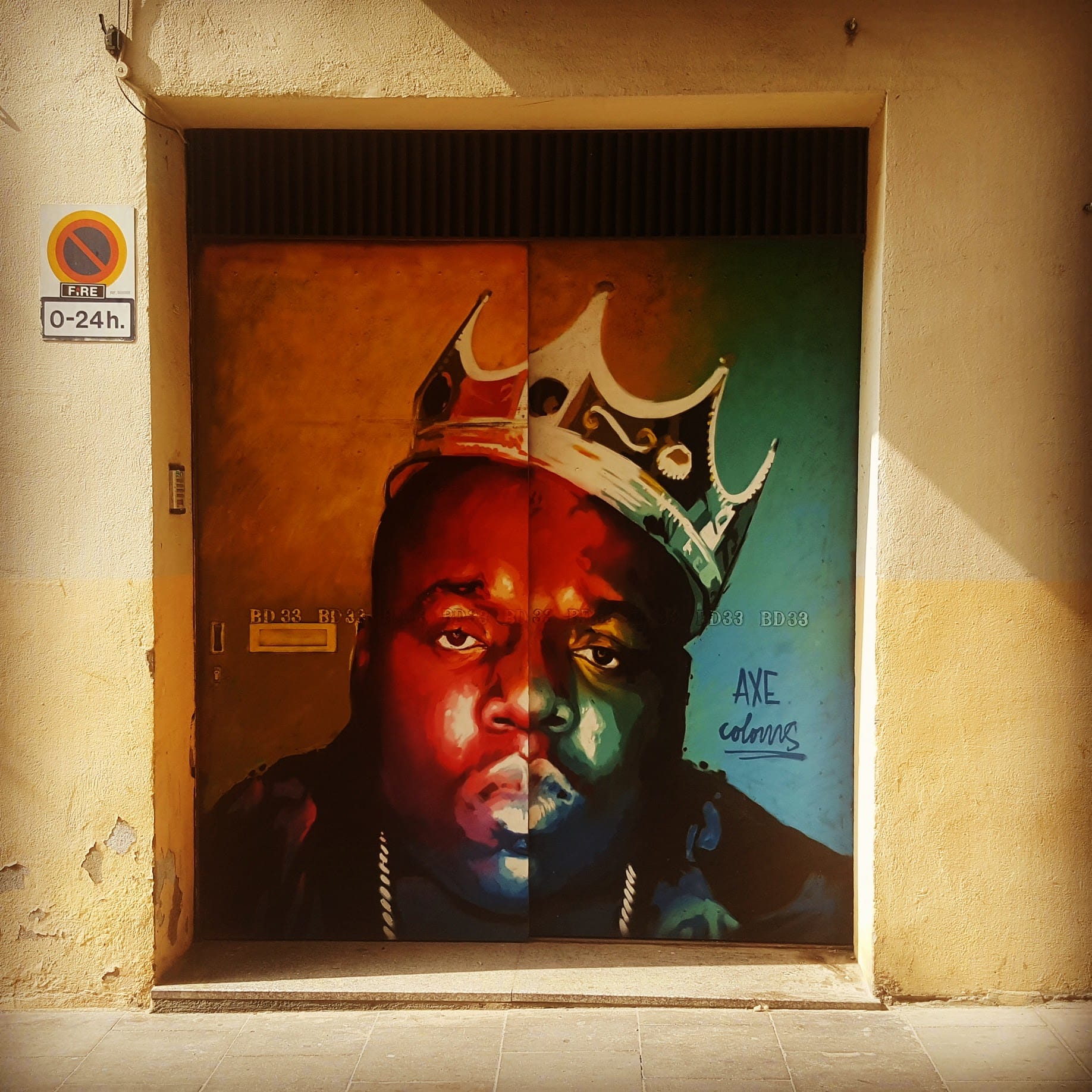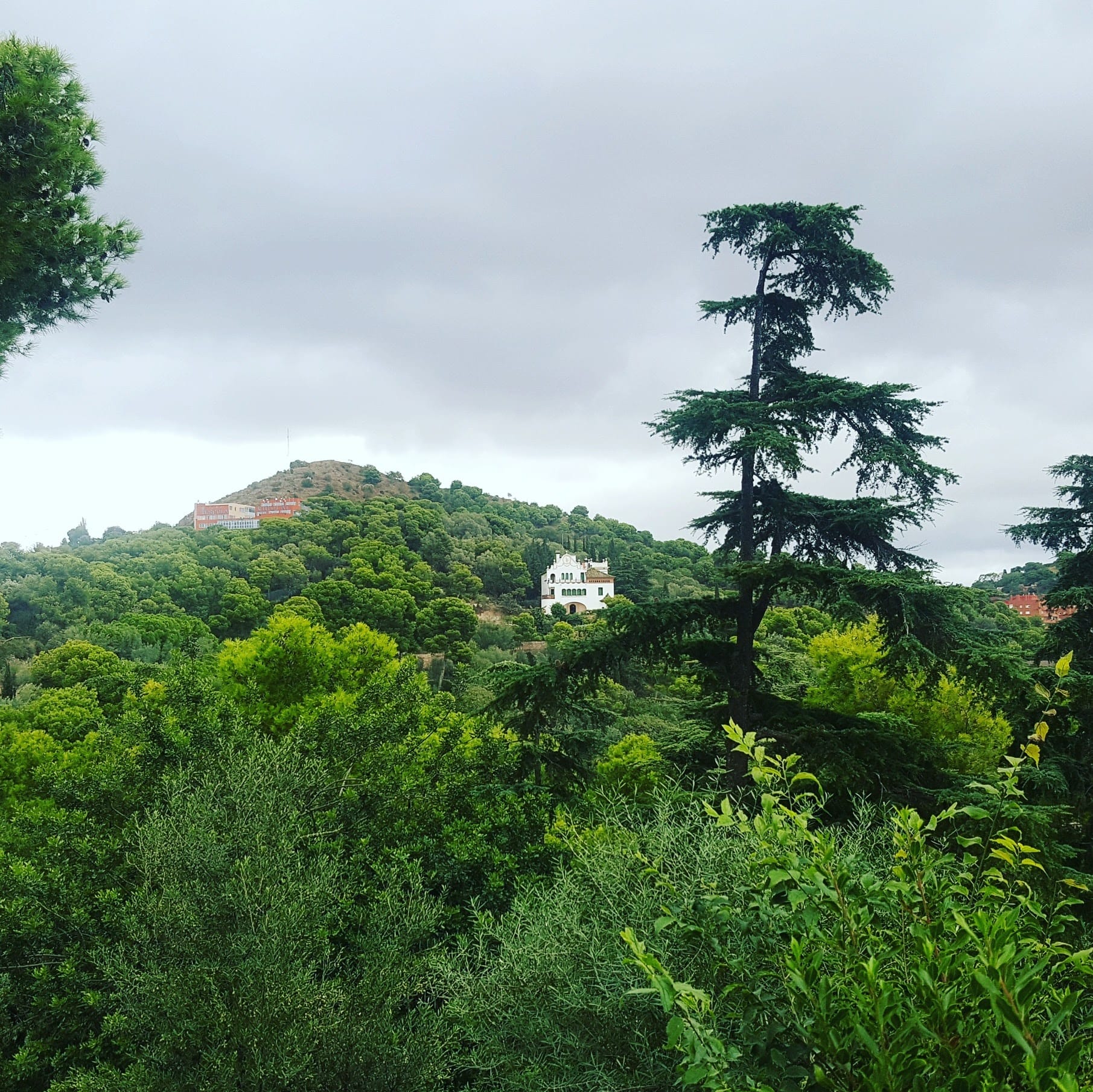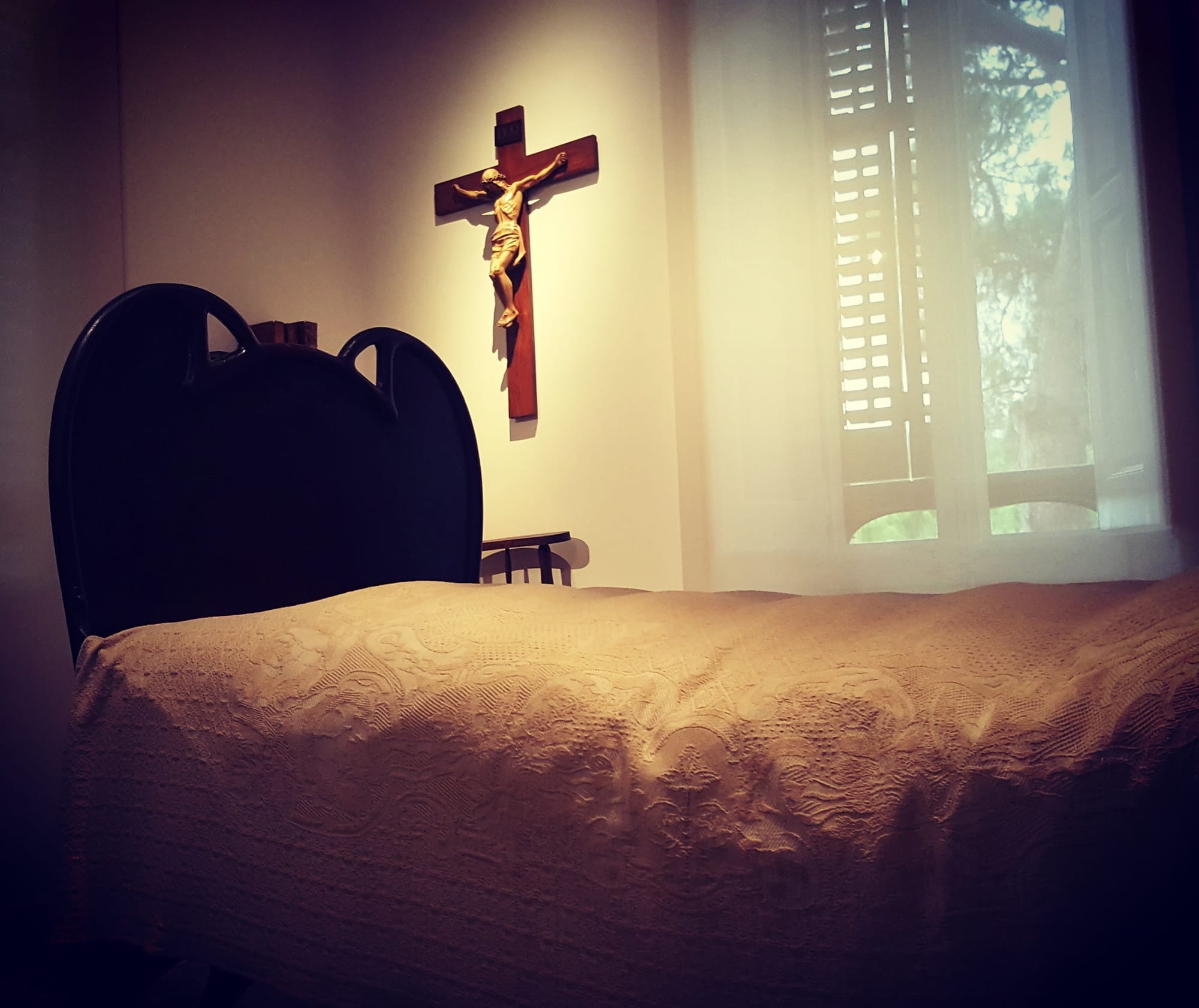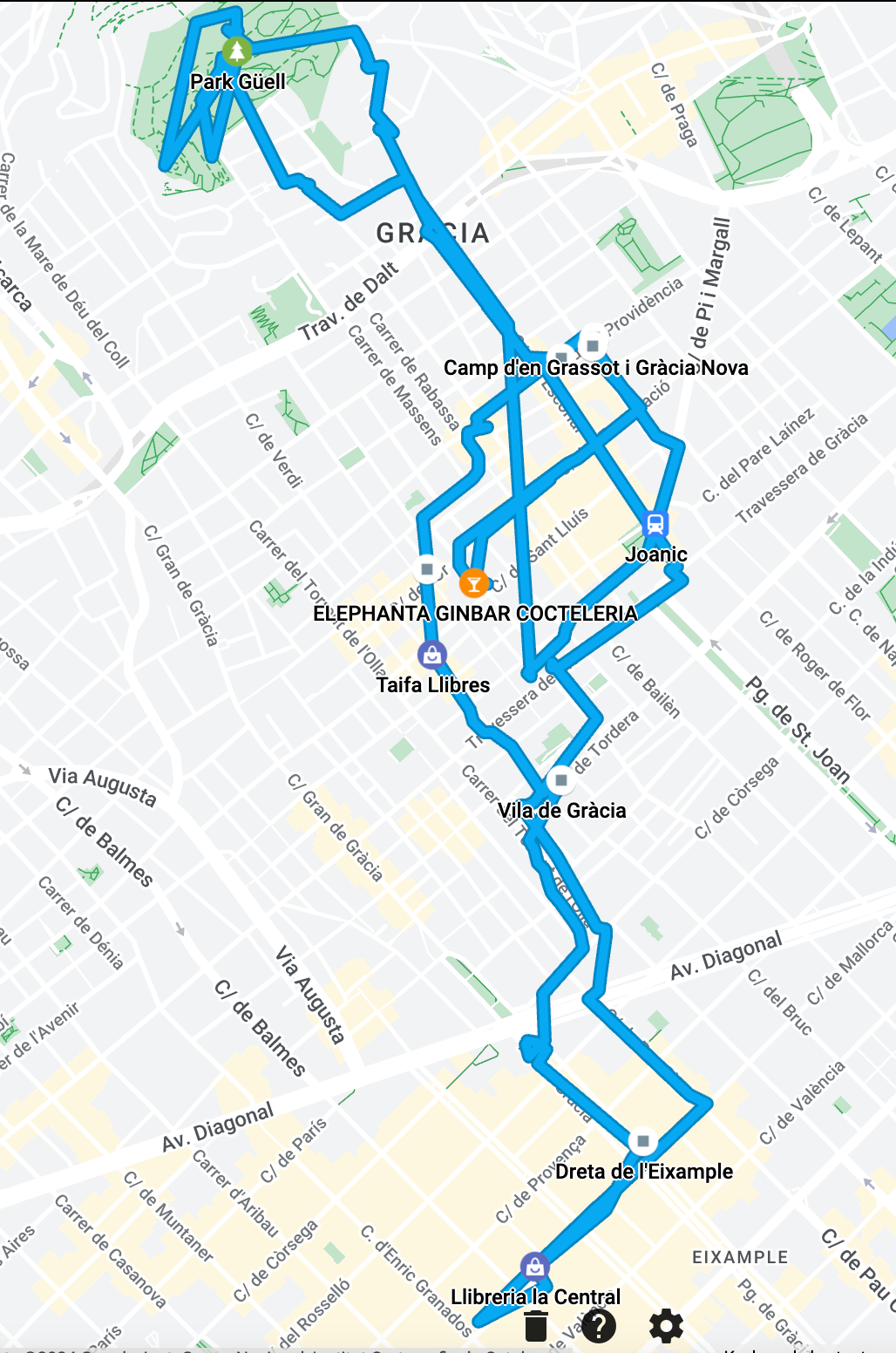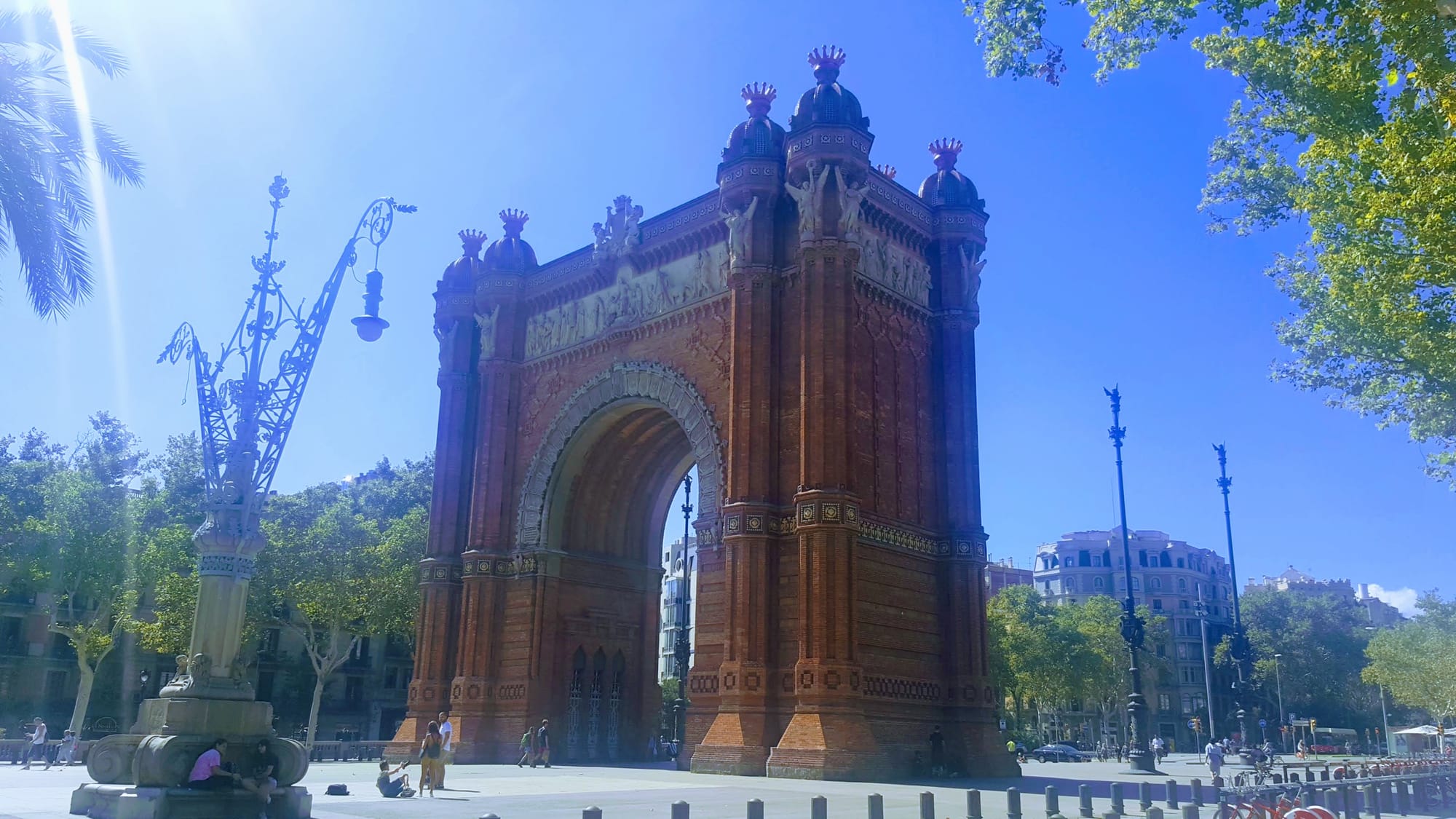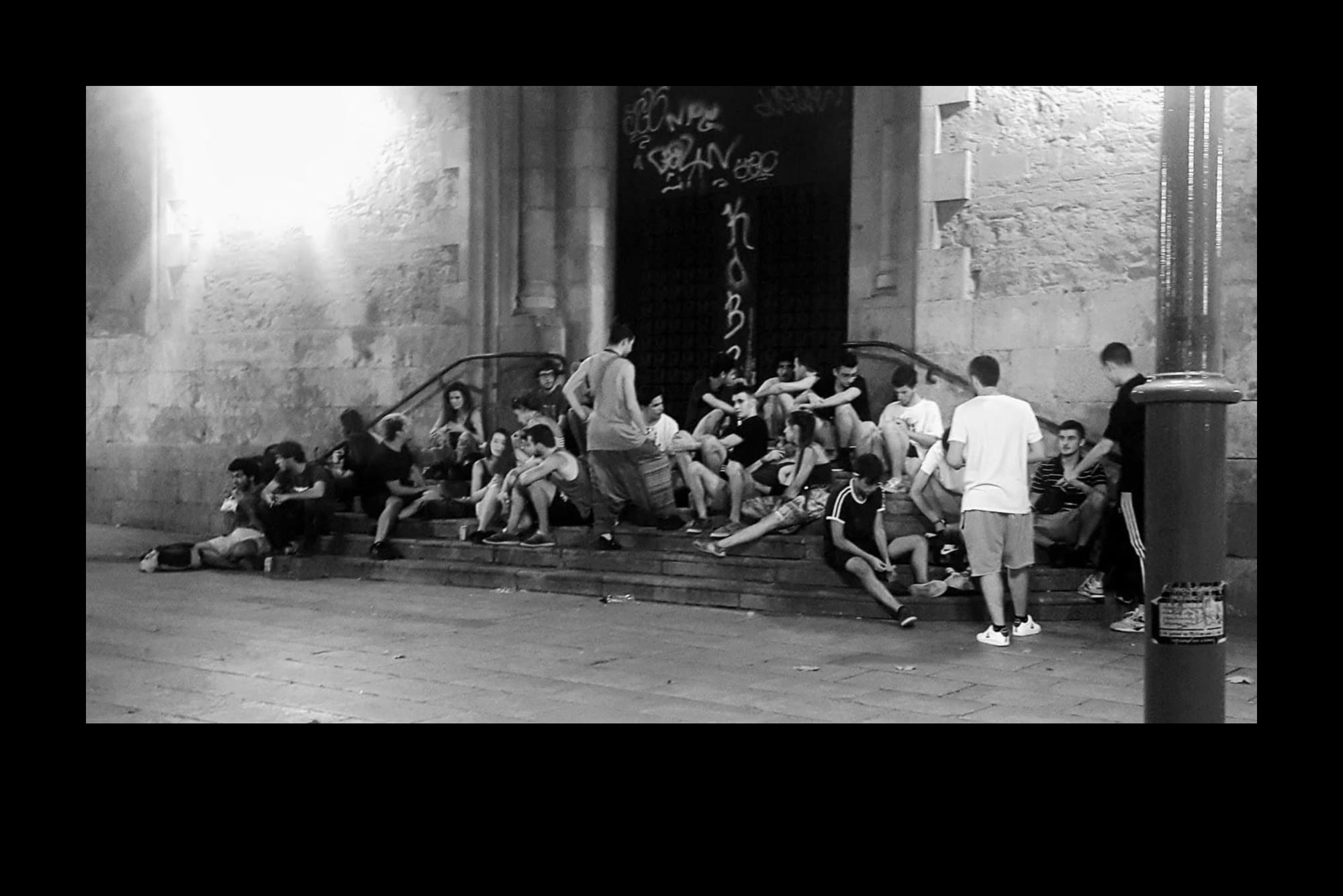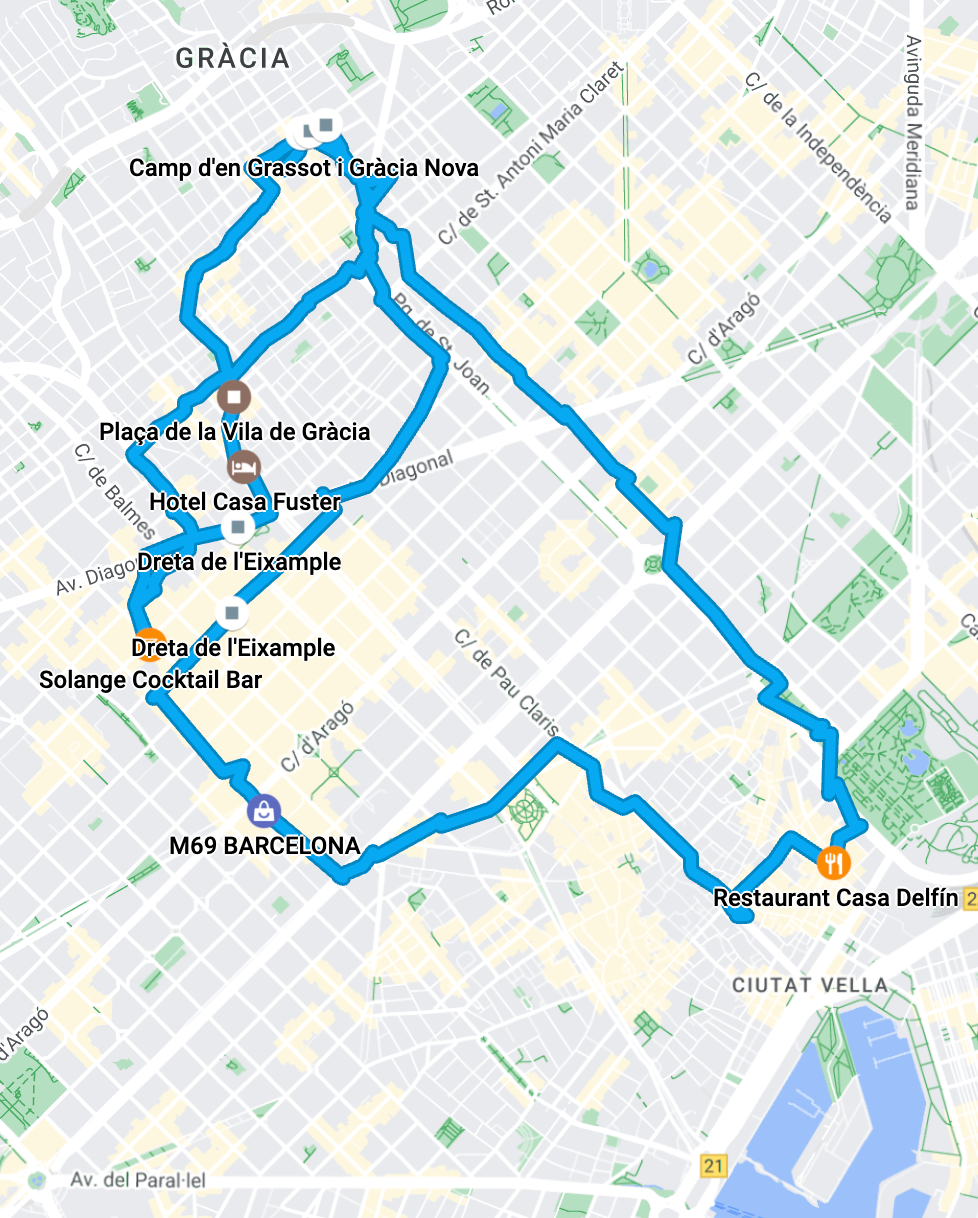I've always loved to watch people do their thing when they are expert at their jobs, especially if it's handwork. Though I am not at all skilled with anything artistic with my hands (painting, drawing, sculpting, etc.), I have always been dextrous in my manual labor jobs. For instance, I can check the quality of a vinyl record — something I sell for a living — with unreasonable speed. Within a few seconds, and mostly by touch, I can identify the provenance of the majority of records I handle — their era, the country of origin of the pressing, the flatness and condition of the vinyl, etc. It's one aspect of my work that I still enjoy after almost two decades.
When I lived in Vanuatu in 2019 and 2020, I witnessed two Ni-Vans (natives of the country) do astonishing things with machetes: prior to my arrival, a parcel of land neighbouring the one I was to manage, changed hands, and the purchaser needed to clear it of vines, thick overgrowth, and hundreds of trees. The new owner, a New Zealander, hired a team of men with a backhoe. After a month, barely anything was cleared. The machinery was too cumbersome for the dense forest, and the men, who were more experienced with cement, sand, and steel, were humiliated by the organic material that had thrived there for decades.
When asked how my employer had handled the job on their land, they answered that they had hired Jackson, a local man with a machete. When the new tenant did likewise, the majority of it was completed in a fortnight. I arrived midway through and it was astonishing to see. What is it the Marines say? "One man, one army"? I also witnessed Jackson spearfish from a kayak using only the light of a crescent moon.
The second expert with a machete was a worker on "my" property: Marie. We needed a tall, Y-shaped crutch to prop something up. She grabbed her blade, hopped a chest-high fence in one motion, and disappeared into the forest. In just a few minutes, she reappeared with a nine foot tree about 4 inches around. Carrying both the tree and the machete, she again hopped the fence. While covering the ground between the fence and myself, she chopped the extraneous branches from the trunk, leaving only the two forked limbs we required. A few more swings and the bottom was carved into a perfect spear to stab into the ground. In her real life, Marie is a 44-year old housekeeper:
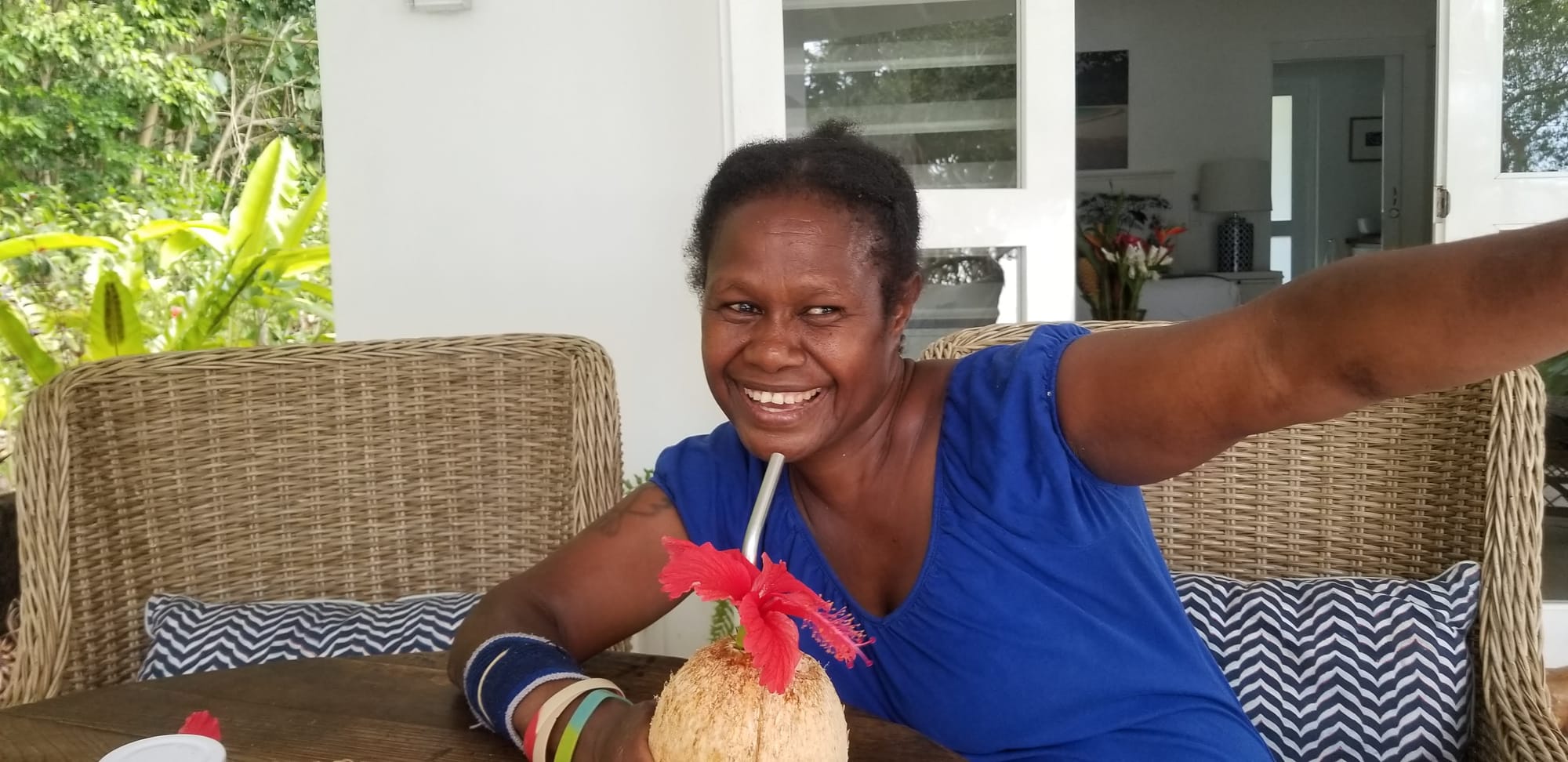
I think of these things because I've spent some of today watching this video: 15 Jobs That Take a Lifetime to Master, which features some wonderful handwork. It's 3 hours long but each job's segment is only 10 to 15 minutes and they're unrelated, so you can watch in chunks and skip around if one doesn't interest you.
